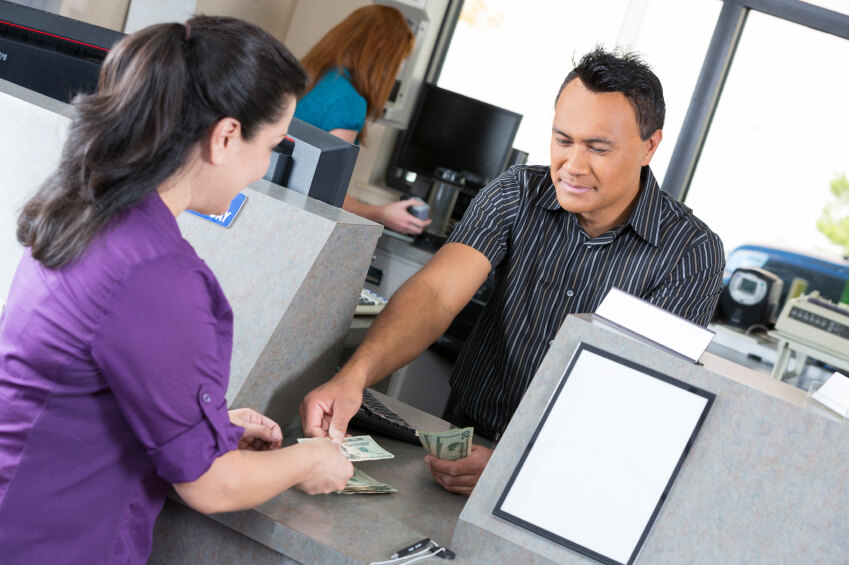
How Long Do You Have to Cash a Personal Check?
A personal check is a slip of paper issued by a bank that allows you to make payments from your bank account to that of individuals or companies. Basically, personal checks differ from other check types is that there is no guarantee to the recipient when the check is written that the money is in your account. The payment doesn’t come out of your account until the check is presented to a bank by the recipient and processed, which is why cashing the check in a timely fashion is always important. Here are some basics of personal checking and some tips on the general time frame you have to work with when cashing a personal check.
See also: How Long Is a Personal Check Good For?
Basics of Check Cashing: How to Cash a Personal Check
- Where to Cash: For the easiest and most hassle free check cashing experience, you should always try to go to your own bank. Generally, the bank that issued the check or the bank where the check was drawn will cash it for you as well without a problem. However, if you go to a third-party bank, you may be charged a fee to cash the check.
- How to Endorse the Check: Before cashing the check you will first need to endorse it, which means signing the back of the check. This is a common practice aimed at preventing check fraud. Be sure to sign in the specified area on the short side of the check (the rest of the space is needed by the bank for processing purposes). Keep in mind that if the check is made out to more than one person, then both parties will need to endorse it. As a general practice, it’s a good idea to wait until you get to the bank to cash the check; if the endorsed check is lost or stolen, someone else can potentially cash it instead.
- What ID Do You Need?: Whether you are at your own bank or a different banking institution, you will most likely need to show your ID to receive cash for the check. The exception for this is if you are depositing the check into your own account without receiving any cash back. However, just to be safe, it’s a good idea to have your driver’s license or another form of ID with you.
Do Checks Expire?
Although the specifics vary from financial institution to financial institution, banks are generally not obligated to cash a check that’s more than six months old. However, this is usually left to the discretion of the teller, who might accept it, reject it, or hold it until the person who wrote it can be contacted.
It’s considered common courtesy to cash or deposit personal checks sooner rather than later. If the person who wrote the check doesn’t have much in his or her checking account to begin with, any delays in processing the check can result in a bounced check (where there aren’t enough funds in the account to cover the check) and steep fees for the result. If the person is a family member or good friend, it’s always a good idea to communicate first before hitting the bank, particularly if there is a delay.
One other option you have when it comes to check cashing is to use a check cashing store or payday loan shop. However, this is generally discouraged due to the steep fees these establishments charge.